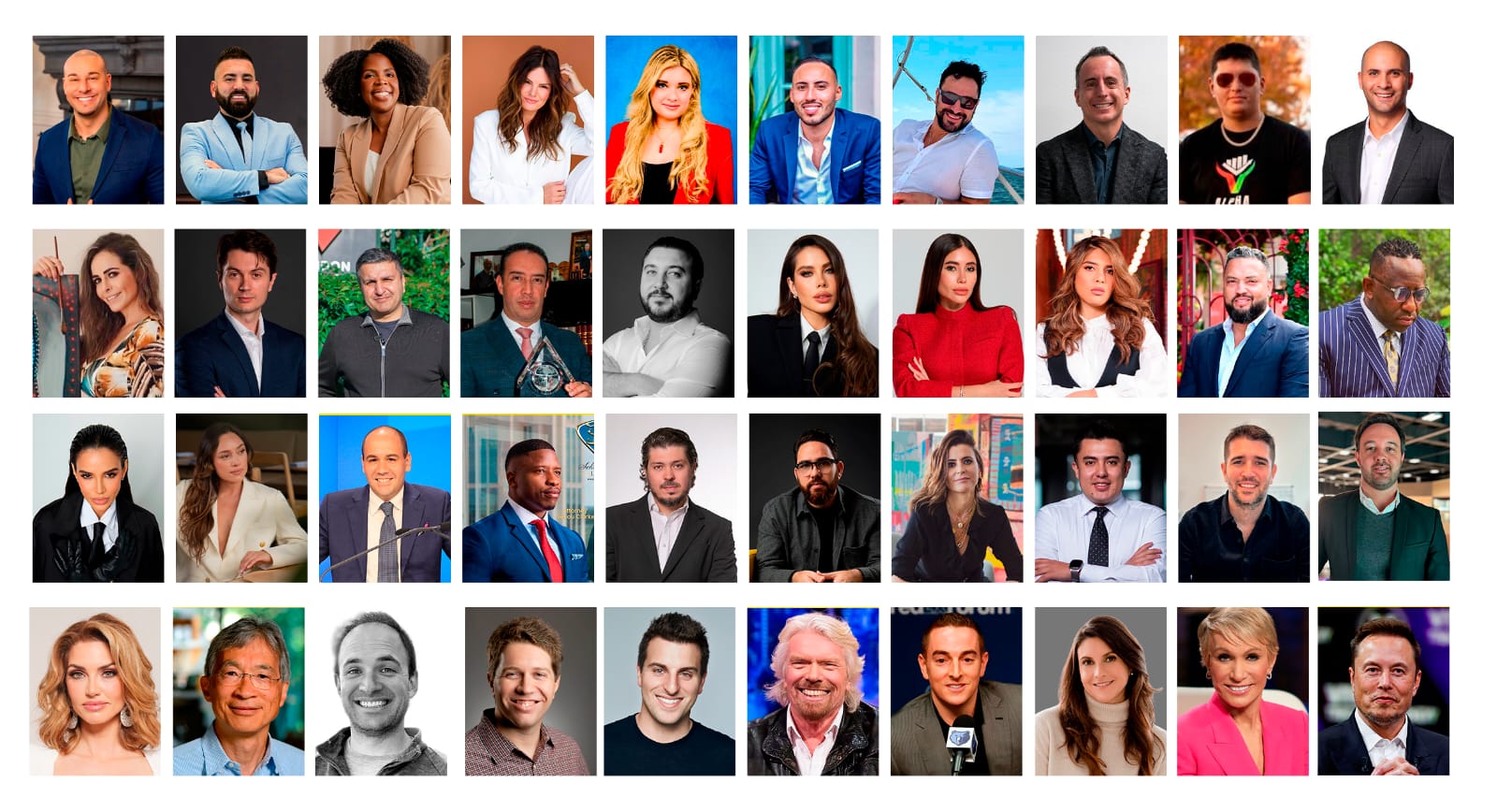AIによって再構築される2025年のテック世界 — ガバナンスの戦いから医療プラットフォーム、クリエイターエコシステムへ
Author: Tech Desk

人工知能は研究室を越え、日常生活のすべての場へと根付き、経済、エコシステム、そしてリスクについての考え方さえも再形成しています。見出しの中には“AI戦争”という表現が用いられることがあり、特にベン・オシェアの挑発的な論考がそうですが、これはAIの急速で世界的な進歩がガバナンスを追い越し、労働市場を崩壊させ、競争上のバランスを傾斜させるのではないかという広範な不安を示すショートカットとして有用になっています。とはいえ、同じ分析は、AIを特定の敵として戦うのは現実的でないだけでなく、潜在的に逆効果になる可能性があると主張しています。現実は戦場というよりも、共設計の長期的なプロジェクトであり、生成的で自律的なシステムの能力を活用しつつ、説明責任・安全性・レジリエンスを確保する方法です。本データセットの記事は、このプロジェクトの広さを示しています。医療テックのスタートアップの役員会からスマートテレビのリビングルーム、ユーザー生成コンテンツを支えるクリエイターエコノミーから投資家リスクを規定する法的風景まで。これらを総合すると、AIはもはやニッチな課題ではなく、戦略・公共政策・日常生活に影響を与える横断的な力である瞬間が見えてきます。
政策サークルは逆説に取り組んでいます。生産性の原動力そのもの—契約書の作成、物流の最適化、芸術の創出を可能にするAIモデル—は、同時にプライバシー、偏見、雇用移動の不安を高めるという矛盾です。AIを批判的に対抗する動きを道徳的リスクと捉える声もあり、AI搭載産業における競争優位性はもはや任意ではなく必須だと見なされています。課題はAIを止めることではなく、間違った加速の形を遅らせ、正しい安全策を加速させることです。世界中の政府と規制当局は、リスクベースのガードレール、高リスクな意思決定のための、データの出所やモデル能力の透明性を促すオープン・ガバナンス実験、そして企業が新製品を厳しく監督の下で試せる規制サンドボックスといったモザイクのようなアプローチを組み合わせて実験しています。経済的リスクも重要です。新しいサービスを約束するAI能力は、既存の産業を不安定にし、勝者と敗者を生み出します。結論は明確です。革新と安全、競争力と包摂性のバランスを取る実用的なガバナンスは、グローバルな協力、明確な説明責任、そして人材とインフラへの継続的投資を必要とします。

Tres Health's digital renewal and onboarding platform aims to connect benefits in a touchless ecosystem.
Tres Healthのデジタル更新およびオンボーディングプラットフォームは、ヘルスケア技術の成熟を示すケーススタディです。フォカ・ラトンに拠点を置く同社は、国内の代替福利厚生提供者およびInsurtechとして説明され、完全に接続された、タッチレスの福利厚生エコシステムを約束するプラットフォームを発表しました。実務的には、システムは雇用主、ブローカー、メンバーといったクライアントを、単一のデジタルワークフローへと導きます。プランの選択、料金の確認、書類の提出、保険の加入という流れです。焦点は、更新サイクルとオンボーディングプロセスの摩擦を減らすことで、これらは従来、手作業のフォームとデータサイロのために遅れてきました。アナリストは、このプラットフォームがAPIと自動検証によって支えられるデジタルファーストのヘルスケア管理へのより広い移動と一致していると指摘します。広報資料は有料コンテンツ環境での能力を強調しますが、根底にある概念は紙の痕跡にまだ根ざすレガシーシステムを近代化する産業全体の動きを示しています。広く普及すれば、Tres Healthは更新サイクルを短縮し、メンバー体験を改善し、シームレスなデジタル旅路を追求する他のInsurtech企業のモデルケースになり得ます。

Google TV上のGemini AIは、リビングルームへの音声主導の体験を拡張します。
The rapid spread of AI into consumer devices is epitomized by Google's Gemini AI on TV, a development that mirrors a broader shift from enterprise software to edge devices. The Gemini assistant on Google TV promises more natural voice interactions, context‑aware recommendations, and integration with other Google services, turning a wall‑sized screen into a hub for content discovery, smart‑home management, and hands‑free control. Proponents argue that extending AI to living rooms boosts user engagement, enables more intelligent content curation, and creates new opportunities for advertisers and developers to monetize attention. Critics, however, warn about privacy implications, data‑collection intensification, and the risk of filter bubbles intensifying as feeds become more personalized. The trend is part of a larger pattern: AI is moving from data centers to the consumer edge, expanding the market for on‑device intelligence and for devices that act as intelligent assistants rather than passive screens. As ecosystems tighten around voice, vision, and context, users will gain convenience—at the price of deeper data trails and potentially greater dependence on algorithmic curation.
ロブロックスのVlad Loktevをクリエイターエコシステム最高責任者に任命したことは、クリエイターコミュニティとの結びつきを強化する意図的な方向転換を示しています。この動きは、プラットフォームの所有者がエコシステムを活性化させるコンテンツを生み出す人々により一層焦点を当てているという広い産業トレンドを反映しています。 Loktevの任務は、クリエイターと関係を築き、インセンティブを調整し、サポートを合理化することです。これは、多くのクリエイターがアイデアを持続可能なビジネスへと転換する際に直面する摩擦を減らすことを目的とします。実務上、これは収益化ツールへのアクセスを容易にし、ポリシーをより明確にし、さまざまなジャンルの開発者とより緊密に協力することを意味します。Immersive gamesから教育的な体験に至るまで。Robloxのアプローチは、デジタルプラットフォームの長期的な健全性は単なるアルゴリズムの拡張力だけではなく、独創性を評価し、参入障壁を減らし、コミュニティ統治を育む強固なクリエイターエコノミーにかかっているという成長する信念を映しています。ユーザー生成コンテンツが複雑さと価値を増すにつれて、クリエイターエコシステムを育てるプラットフォームは、エンゲージメントを安定させ、市場の混雑の中でより長期的な差別化を実現する可能性があります。問題は、ポリシー制約—利用規約、モデレーション基準、越境ルール—が、クリエイター主導のイノベーションの速度に追いつくかどうか、です。

新しい指導の下でのRobloxのクリエイターエコシステム。
On the financial side, the AI boom continues to attract aggressive investor scrutiny. Levi & Korsinsky, LLP filed a securities class action on behalf of C3.ai shareholders, alleging that the company misled investors about its growth prospects and that material information was concealed, including concerns about leadership health and strategic momentum. The suit underscores a growing pattern in which investors seek remedies after AI‑related hype meets the realities of execution and competition. For AI companies, the implications are twofold: governance and disclosures become more critical as markets weigh the sustainability of growth narratives; and corporate leadership must balance ambitious product roadmaps with credible messaging and risk disclosure. In practice, such actions tend to settle or be dismissed, but they can influence capital costs and investor risk appetites for AI stocks. The broader takeaway is that as AI becomes more deeply embedded in enterprise and consumer markets, the legal and regulatory environment will intensify, demanding stronger accountability around data, ethics, and performance metrics.
欧州の2025年の起業家精神の物語は、グローバルなスタートアップ競争における補完的な視点を提供します。それは、AIのリーダーシップが一地域や市場だけの独占ではないことを読者に思い起こさせます。 fintech、音楽、バイオ技術、インフラストラクチャなどで際立つ欧州の創業者たちは、多様で地域的に組み込まれたアプローチが世界クラスのAI対応製品とサービスを生み出せることを実証しています。大陸の強みは、厳格な工学と思慮深いガバナンス、強力な研究エコシステム、技術を社会成果に結びつける意欲の組み合わせにあります。政策立案者、教育者、投資家は、規制の複雑さを乗り越える道を模索し、リスクを説明責任と公共の利益によって緩和する環境を作ることを目指しています。グローバルAI戦略の結論は明確です。リーダーシップはゼロサムゲームではなく、孤立したブレークスルーに頼るのではなく、回復力のあるエコシステムを構築する場所から生まれる、ということです。

Europe’s influential entrepreneurs shaping the continent’s tech future.
iOS 26.1 beta 1 introduces refinements for developers and users.

iOS 26.1 beta 1 introduces refinements for developers and users.
The risk landscape surrounding AI and tech shares is intensifying as markets adapt to new forms of disclosure, governance expectations, and regulatory scrutiny. Securities actions, consumer protection concerns, antitrust investigations, and cross‑border data rules all intersect at a moment when AI products move from exciting demos to mission‑critical services. The C3.ai case is emblematic in that it illustrates how hype and perception can influence market outcomes, even as actual performance remains a function of execution, customer traction, and competitive differentiation. For companies and investors, the takeaway is clear: credible storytelling, transparent risk reporting, and robust governance structures will increasingly determine a company’s ability to attract capital and scale. The broader tech sector would do well to view this moment not as a threat to innovation but as an opportunity to raise standards and lock in durable competitive advantages through responsible AI practice.
The European entrepreneurship narrative highlighted in Europe’s 2025 coverage offers a complementary perspective. It reminds readers that AI leadership is not monopolized by one region or market. Europe’s standout founders—across fintech, music, biotech, and infrastructure—are proving that a diversified, regionally embedded approach can produce world‑class AI-enabled products and services. The continent’s strength lies in combining rigorous engineering with thoughtful governance, strong research ecosystems, and a willingness to align technology with social outcomes. Policymakers, educators, and investors are learning to navigate regulatory complexity with an eye toward creating habitats where risk-taking is tempered by accountability and public benefit. The takeaway for global AI strategy is clear: leadership is not a zero-sum game and will come from places that build resilient ecosystems rather than relying on isolated breakthroughs.
Conclusion: AI’s ascent is not an inevitability to be feared but a frontier to be steered. The stories gathered here—from health‑tech platforms streamlining onboarding to living room AI companions, from creator‑driven ecosystems to regional entrepreneurship breakthroughs—reflect a world negotiating the tradeoffs that define modern technology. The path forward demands practical governance that protects people without stifling creativity, investment in human talent to navigate a transforming labor market, and a willingness to collaborate across borders to establish norms, standards, and safeguards that keep AI’s benefits widely shared. If policymakers, companies, and civil society commit to transparent accountability, inclusive growth, and ongoing experimentation, AI can be a driver of opportunity rather than a source of fear.